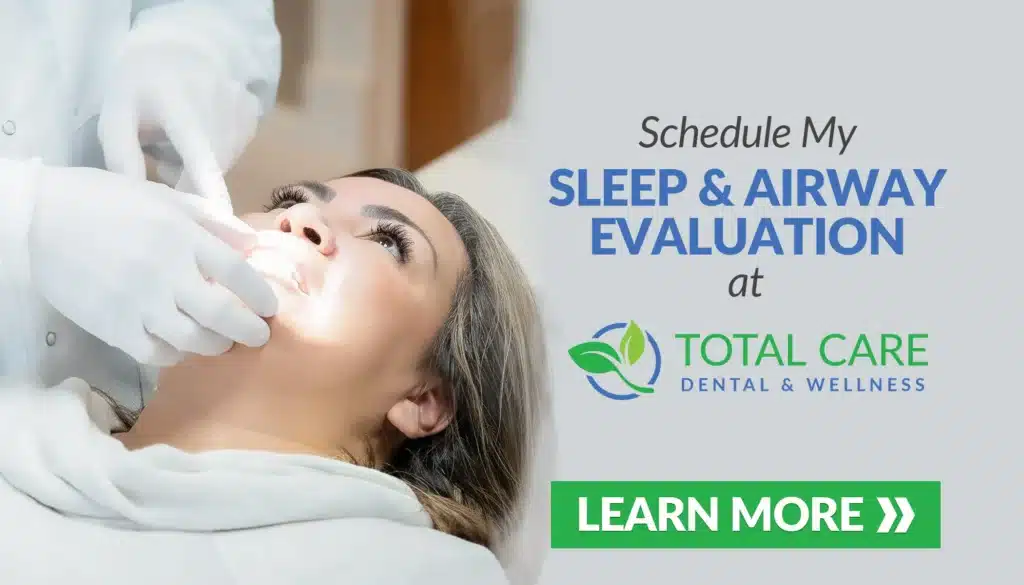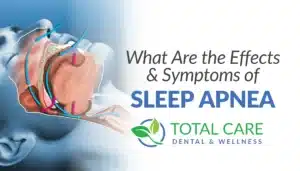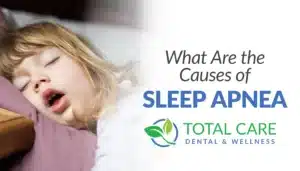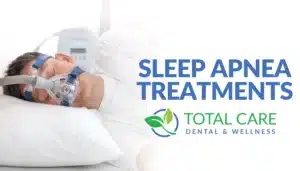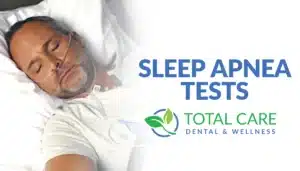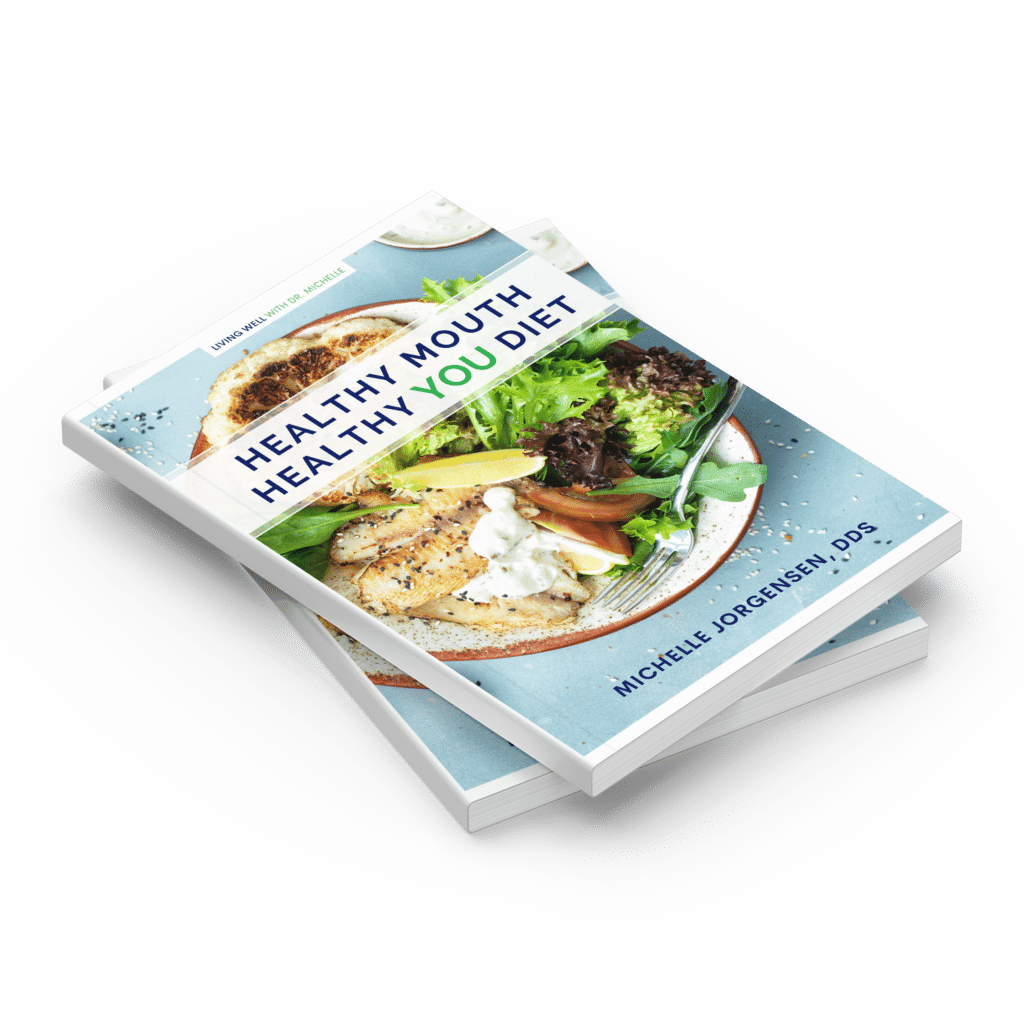chapter
01
What Are The Effects and Symptoms of Sleep Apnea?
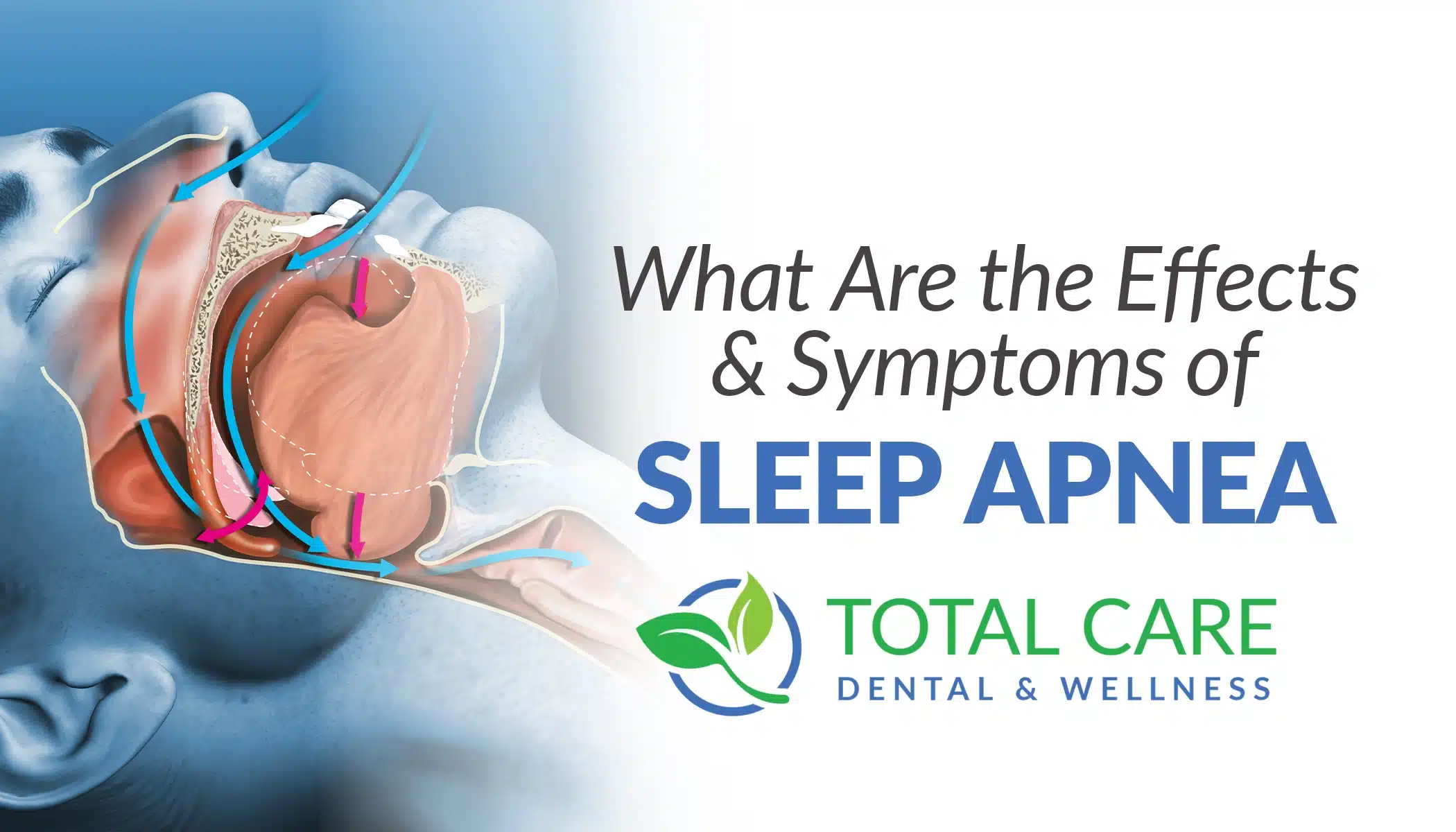
Struggling with exhaustion, brain fog, or constant fatigue—even after a full night’s sleep? You might think it’s stress, aging, or bad habits—but the real culprit could be sleep apnea. This common yet often overlooked condition affects millions, leading to serious health risks if left untreated.
A single bad night’s sleep might not seem like a big deal, but chronic sleep deprivation can lead to serious health risks—including heart disease, diabetes, and even premature death.
In this chapter, we’ll break down:
✅ Common sleep apnea symptoms
✅ How poor sleep affects your health
✅ What happens inside your body when sleep is disrupted
Why Sleep Quality Matters More Than You Think
You’ve probably seen this message on your computer:
📢 “Update in progress—do not turn off the computer.”
When your brain enters deep sleep, it processes memories, repairs damaged cells, and recharges your energy levels. But if your sleep is constantly interrupted—even if you don’t wake up fully—your brain has to restart the process over and over again.
This can lead to:
❌ Memory loss & brain fog
❌ Weakened immune system
❌ Chronic fatigue & hormone imbalances
❌ Increased inflammation & aging
💡 Bottom line? You’re not truly healthy unless your sleep is healthy.
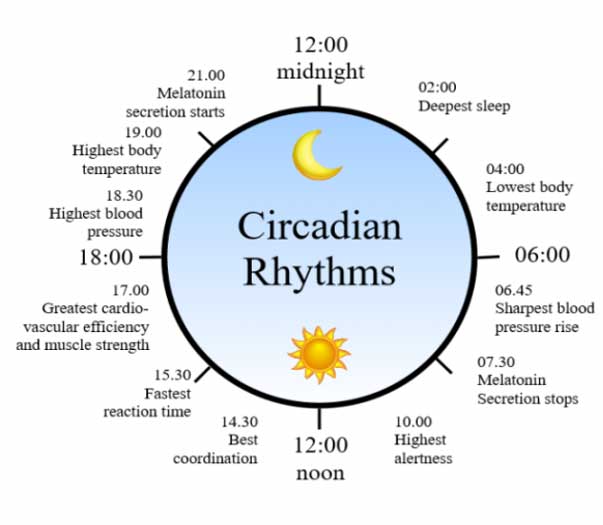
The Hidden Battle: Sleep vs. Breathing
You might not think much about breathing while you sleep—but your body does.
Here’s what happens if your airway collapses while sleeping:
🔹 Your tongue relaxes & blocks your airway.
🔹 Your body wakes you up just enough to restart breathing.
🔹 Your sleep cycle resets, preventing deep, restorative sleep.
Because breathing is essential, your body will always prioritize it over sleep. That’s why sleep apnea sufferers wake up repeatedly—even if they don’t remember it.
🚨 The result? You feel exhausted, irritable, and mentally drained—every single day.
Do You Have Sleep Apnea?
🔹 Up to 42 million Americans suffer from sleep apnea.
🔹 90% of cases go undiagnosed.
🔹 1 in 5 adults has mild to severe sleep apnea.
If you often wake up tired, rely on caffeine to function, or snore loudly, your sleep might be suffering more than you think.
🛌 Want to find out if you have sleep apnea?
Schedule Your Sleep & Airway Evaluation Today.

What Causes Sleep Apnea?
Sleep apnea occurs when your airway partially or completely collapses during sleep, disrupting your breathing and waking your body up—even if you don’t realize it.
During the day, the muscles in your throat and neck help keep your airway open. But at night, as you enter deep sleep, these muscles relax, sometimes too much, narrowing or blocking your airway.
How Your Body Reacts to Blocked Airflow
When your airway becomes too small, your body panics and forces you awake—sometimes multiple times per hour. This fight-or-flight response happens in different ways:
- You suddenly gasp for air or snort awake.
- You grind your teeth as your jaw tenses to open your airway.
- You roll over repeatedly trying to find a better position to breathe.
- You breathe through your mouth instead of your nose, leading to dry mouth and snoring.
Mouth breathing, teeth grinding, and snoring are key warning signs of sleep-disordered breathing.

The Long-Term Health Impact of Sleep Apnea
Ignoring sleep apnea isn’t just about feeling groggy—it can shorten your lifespan by 20% due to chronic inflammation, hormone depletion, and stress overload.
📌 Sleep apnea is linked to:
✅ High blood pressure, stroke, and heart disease
✅ Memory problems, brain fog, and Alzheimer’s
✅ Diabetes and weight gain
✅ Depression and anxiety
These conditions don’t develop overnight—they build up over years of poor sleep.
Why Snoring is More Than Just Noise
There’s a common myth that snoring is harmless—but there’s no such thing as healthy snoring.
If you snore, your airway is likely too narrow due to:
- Underdeveloped jaw or airway (often caused by childhood habits like pacifiers and bottle-feeding)
- Obstructed nasal passages due to allergies, congestion, or a deviated septum
- Excess weight, which adds pressure on your airway
Even if you don’t have full-blown sleep apnea (yet), snoring and mouth breathing increase your risk of developing it later.
🚨 If you snore, wake up tired, or struggle with focus, it’s time to take action.
Sleep Apnea & Adrenal Fatigue: The Hidden Link
When you constantly wake up due to interrupted breathing, your body goes into panic mode—releasing adrenaline and cortisol to jolt you awake.
This stress response is designed for survival but backfires when it happens night after night.
What Happens When You Burn Out Your Adrenal Glands?
Over time, your adrenal glands become exhausted from producing too much cortisol and adrenaline, leading to Adrenal Fatigue Syndrome.
📌 Signs of adrenal fatigue linked to sleep apnea:
✅ Constant exhaustion—even after a full night’s sleep
✅ Brain fog, trouble concentrating, and forgetfulness
✅ Irritability, mood swings, or anxiety
✅ Cravings for caffeine, sugar, or salty foods
✅ Difficulty handling stress
How Sleep Apnea Disrupts Your Hormones
When your body is constantly in “fight or flight” mode at night, it depletes your adrenal hormones. That’s why sleep apnea patients often experience chronic fatigue, thyroid problems, and weight gain.
- Your body starts relying on thyroid hormones to manage stress, which can lead to hypothyroidism and hormone imbalances.
- Without enough cortisol, your body struggles to regulate blood sugar, making weight loss nearly impossible.
- Low-quality sleep reduces melatonin production, further worsening sleep problems.
👉 Many people with adrenal fatigue don’t realize the root cause is poor sleep quality!
The Cycle of Sleep Apnea & Hormone Imbalance
1️⃣ Sleep apnea causes oxygen deprivation & sleep interruptions
2️⃣ Your body overproduces stress hormones (cortisol & adrenaline)
3️⃣ Adrenal glands burn out → exhaustion & hormone imbalances
4️⃣ Thyroid hormones take over → leading to fatigue & weight gain
5️⃣ Poor sleep continues, worsening the problem over time
💡 Breaking this cycle starts with treating the root cause—your sleep-disordered breathing.
Common Symptoms of Sleep Apnea: How to Recognize the Signs
Sleep apnea often goes undiagnosed because its symptoms are easy to dismiss. Many people assume they’re just tired, stressed, or aging, when in reality, they’re struggling with a sleep-disordered breathing problem.
Below are four major warning signs of sleep apnea—if you or a loved one experiences these, it’s time to consider a sleep evaluation.
1. Mouth Breathing at Night
Breathing through your mouth while you sleep is not normal and can be a major sign of airway obstruction.
Why is Mouth Breathing a Problem?
✅ Our bodies are designed for nasal breathing. Your nose filters, humidifies, and regulates oxygen intake better than your mouth.
✅ Mouth breathing during sleep indicates airway collapse—forcing your body to compensate for restricted airflow.
✅ Dry mouth, bad breath, and chronic sore throat are common in sleep apnea patients due to constant mouth breathing.
📌 How to tell if you or a loved one mouth breathes while sleeping:
- Waking up with a dry mouth or sore throat
- Frequently needing water at night
- Drooling during sleep
- Sleeping with the mouth slightly open
🚨 Children who sleep with their mouth open may be at risk for long-term airway and facial development issues.
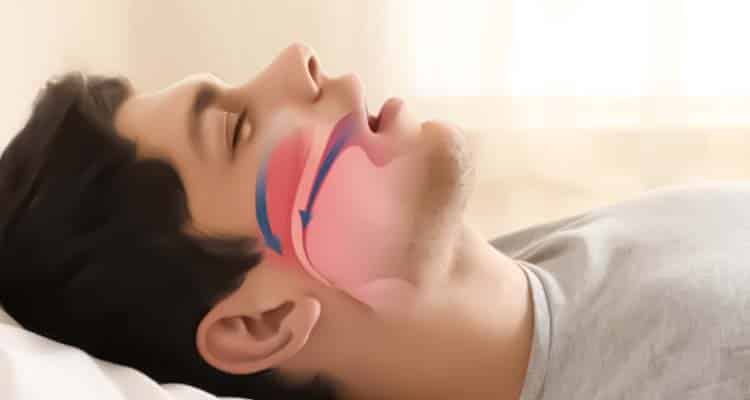
2. ADHD & Sleep Apnea in Children
Did you know that many children diagnosed with ADHD, anxiety, or learning difficulties actually suffer from undiagnosed sleep apnea?
💡 Studies show that children with sleep-disordered breathing often experience:
🔹 Difficulty concentrating in school
🔹 Hyperactivity or impulsivity (often mistaken for ADHD)
🔹 Bedwetting past the typical age
🔹 Chronic sinus infections or ear infections
🔹 Frequent colds and respiratory issues
👉 Children should NEVER snore! Snoring in kids is a major red flag for airway problems.
🛑 If your child struggles with attention issues, hyperactivity, or frequent illnesses, their sleep quality could be the culprit.
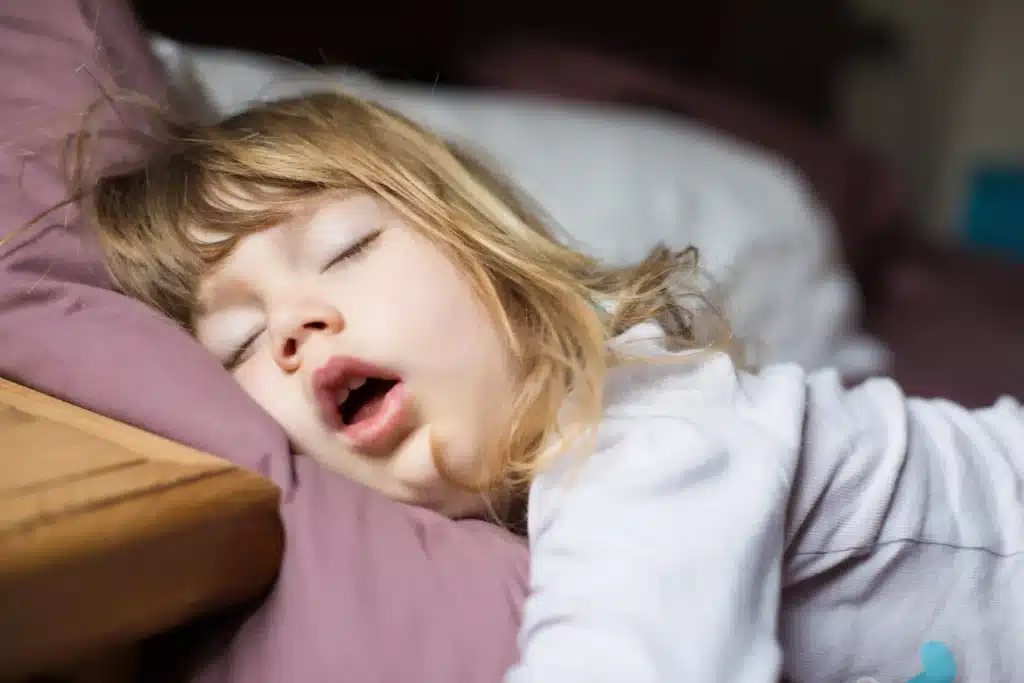
3. Thyroid Problems & Hormonal Imbalances
Many women with chronic fatigue, weight gain, and thyroid dysfunction have an underlying sleep disorder disrupting their body’s ability to heal.
Why Sleep Apnea Affects Hormones
🔹 Sleep deprivation increases cortisol (stress hormone) levels, leading to weight gain and inflammation.
🔹 Poor sleep forces the thyroid to compensate for adrenal fatigue, resulting in hypothyroidism symptoms.
🔹 Sleep apnea disrupts insulin regulation, increasing the risk of diabetes.
📌 Common symptoms in women with sleep apnea-related hormone imbalances:
✅ Chronic fatigue & brain fog
✅ Anxiety, depression, or mood swings
✅ Unexplained weight gain
✅ Irregular menstrual cycles or fertility issues
✅ Hair thinning or brittle nails
🚨 If you’ve struggled with hormone-related issues despite treatment, poor sleep quality may be the missing link.
4. Teeth Grinding (Bruxism) & Sleep Apnea
Do you wake up with a sore jaw, sensitive teeth, or headaches? You might be grinding your teeth due to airway obstruction while sleeping.
💡 How grinding and sleep apnea are connected:
- When the airway collapses, the body’s instinct is to push the tongue forward to clear the blockage.
- This causes jaw clenching & teeth grinding as the muscles work to open the airway.
- Over time, this leads to worn-down teeth, jaw pain, and TMJ disorders.
📌 Signs you might be grinding your teeth in your sleep:
✅ Waking up with headaches or jaw pain
✅ Cracked, worn, or chipped teeth
✅ Clicking or popping in the jaw (TMJ symptoms)
✅ Noticing indentations on the sides of your tongue
🚨 Grinding isn’t just a dental issue—it’s an airway issue. Treating the cause (sleep apnea) can prevent long-term damage.
Sleep Apnea is a Big Deal—Don’t Ignore the Symptoms
These symptoms aren’t just annoying quirks—they’re warning signs of a much deeper issue affecting your long-term health.
Now that you understand the effects of sleep apnea, the next step is to learn what causes it and how you can take action.
👉 Continue to Chapter 2: What Are the Causes of Sleep Apnea?
Take Control of Your Sleep & Health Today
Struggling with sleep apnea, snoring, or constant fatigue? Ignoring sleep issues won’t make them go away—but real solutions can. At Total Care Dental & Wellness, we don’t just manage symptoms—we identify and treat the root cause of your sleep-disordered breathing.
Your Personalized Sleep & Airway Evaluation Includes:
✅ 3D Cone Beam X-Ray (CBCT) – Pinpoint airway obstructions & jaw alignment issues
✅ Comprehensive Sleep & Airway Analysis – Identify breathing patterns affecting your sleep quality
✅ Oral & Jaw Joint Exam – Detect hidden causes of airway blockage
✅ Digital Intraoral Scan & Photos – Create a customized treatment plan tailored to your needs
🔹 Stop masking the symptoms—get real answers and lasting relief. You’ll leave with a clear diagnosis, expert treatment recommendations, and a path to better sleep & better health.
Don’t wait—your health and energy depend on it. Take the first step toward deeper, healthier sleep today!

